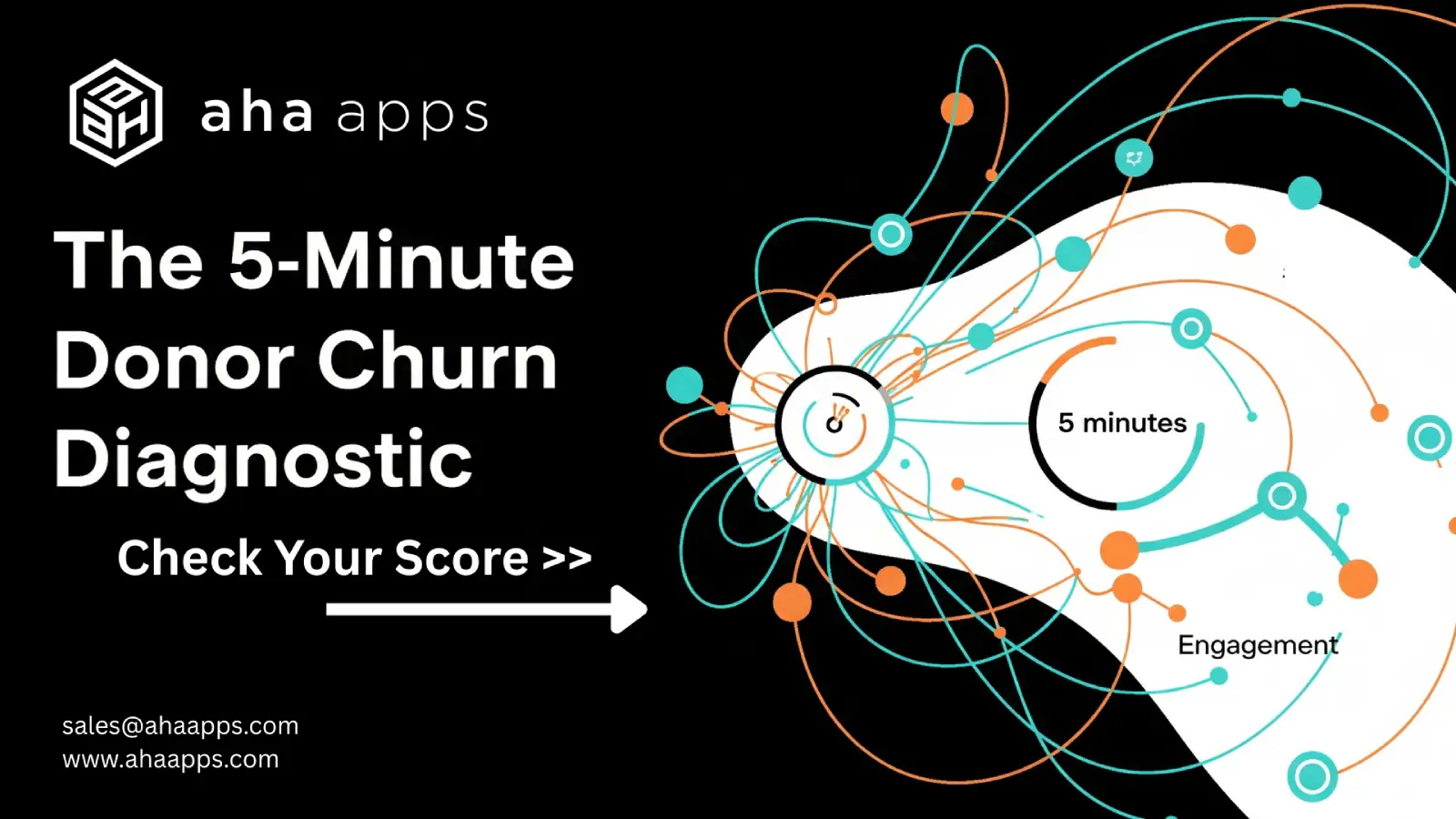 What are the most important fundraising rules for nonprofit organizations we should know before trying these ideas?
What are the most important fundraising rules for nonprofit organizations we should know before trying these ideas?

Navigating the legal landscape is a critical step, and it’s wise to be informed. Nonprofits in 2025 operate in a complex external environment shaped by potential policy shifts and a challenging politico-regulatory climate. While specific regulations vary by state, understanding a few key principles will ensure your fundraising is both successful and compliant. This is not legal advice, but here are the essential areas to be aware of when planning your unique fundraising ideas for nonprofits:
1. State Registration Requirements:
Before you solicit any donations (including online asks), most states require your nonprofit to register with a state agency (often the Attorney General’s office or Secretary of State). This is sometimes called “charitable solicitation registration.” Failing to register can result in fines, so it’s a crucial first step.
2. Rules for Games of Chance (Raffles, etc.):
If you’re considering a raffle, bingo night, or any fundraiser involving a prize won by chance, be aware that these are often heavily regulated. Some states have strict licensing requirements, limits on prize values, or specific rules on how the game must be conducted. Always check your state and local gaming laws before launching.
3. Donation Disclosures and Receipts:
Transparency is key to building donor trust.
Quid Pro Quo Contributions:
If a donor receives a benefit in exchange for their contribution (like a ticket to a workshop or a product from a bake sale), you must provide a written disclosure that informs them of the value of the benefit they received. The tax-deductible portion of their donation is the amount of the contribution minus the value of the benefit.
Acknowledgment:
While not always legally required for small gifts, it is a best practice to acknowledge every donation. For any single donation of $250 or more, the IRS legally requires you to provide a written acknowledgment for the donor to claim a tax deduction. Aha Impact’s donor portal allows donors to view their history and download receipts themselves, easing this administrative burden.
Corporate Partnerships:
When you partner with a business for a “give-back” night or a “round-up at the register” campaign, it’s wise to have a simple written agreement. This document, often called a Cause Marketing Agreement, should outline the percentage being donated, the time frame of the campaign, and how your nonprofit’s name and logo can be used.
A quick search for “fundraising rules for nonprofit organizations in [Your State]” is the best starting point. Being proactive about compliance not only protects your organization but also signals to your donors that you are a responsible and trustworthy steward of their support.
Ready to put these ideas into action with a tool that saves you time and helps you build lasting donor relationships? Read the full blog post to explore all 15 low-cost fundraising ideas and learn how a unified platform can make all the difference.


